One of the main reasons for this condition is due to reduced blood flow to the muscles in cold weather. In response to low temperatures, blood vessels will constrict. This condition causes the amount of oxygen and nutrients supplied to muscle tissue to decrease, according to the health website Livestrong (USA).
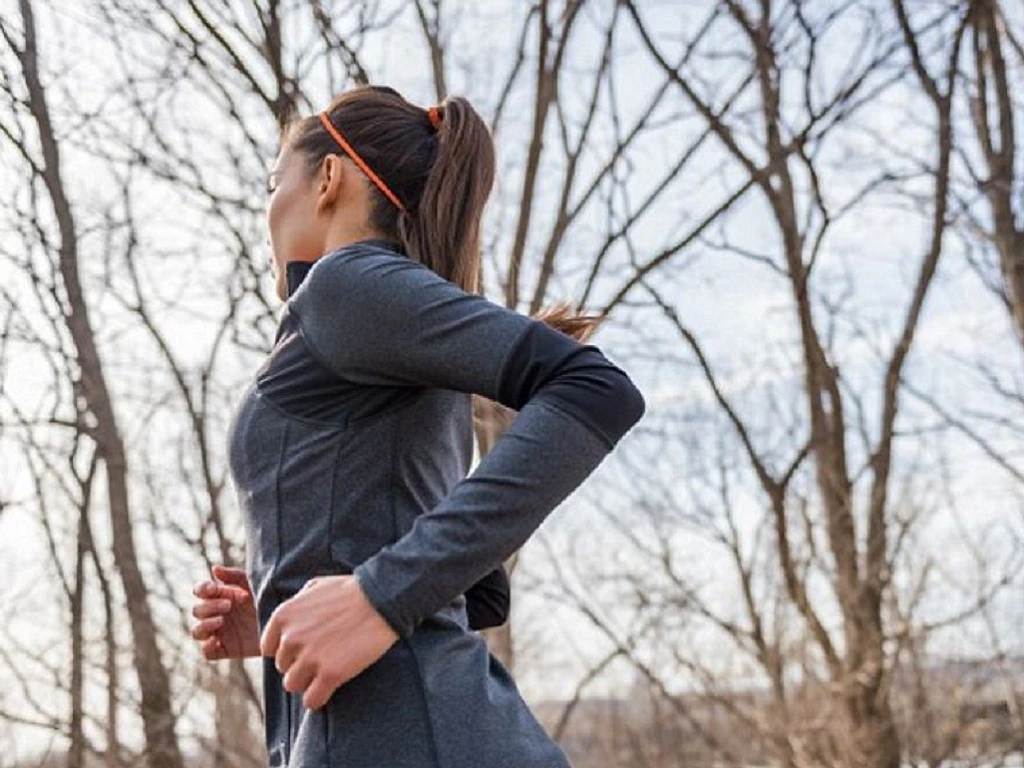
In cold weather, exercisers need to warm up thoroughly to minimize the risk of injury.
This biological response can result in muscle stiffness, reduced range of motion, and increased susceptibility to strains and sprains. Additionally, cold weather can also affect muscle coordination and reaction time.
Lower temperatures also slow nerve conduction, making it difficult for signals from the brain to reach muscle mass effectively. This can lead to slower reflexes and reduced muscle control, increasing the risk of accidents or falls.
Understanding the effects of cold weather on our muscles is important because it allows us to take proactive measures to prevent injury and maintain optimal performance. With the right training methods, we can ensure our muscles stay strong and flexible during the colder months.
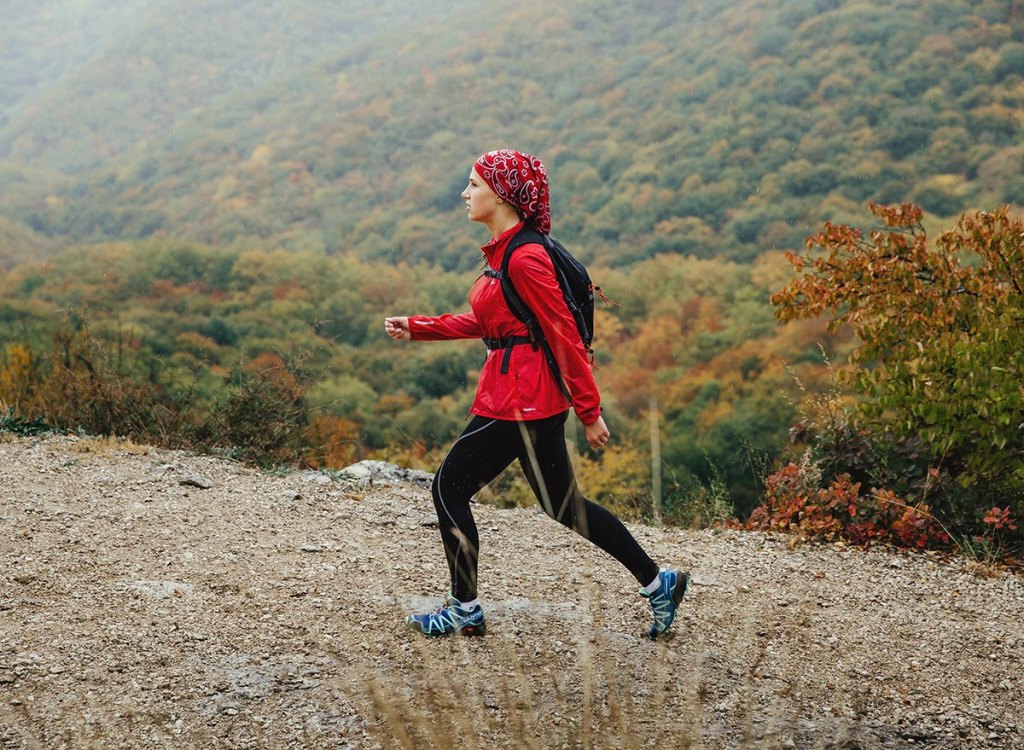
It is important for people participating in physical activities or exercising in cold weather to take extra precautions.
It is important for people who engage in physical activity or exercise in cold weather to take extra precautions. This is especially important for those who exercise in the morning, as this is one of the coldest times of the day.
The first thing to do before exercising, especially outdoors, is to warm up thoroughly. Stretching exercises focus on loosening up the muscles and increasing blood flow. This is especially beneficial. Movements such as rotating the wrists, legs, back, and jogging in place will help prepare the muscles and bones for exercise.
In addition, choosing the right clothes is also very important. Wearing many layers of clothes to keep warm will help regulate body temperature. Depending on the temperature and intensity of exercise, we can wear more or take off some clothes when the body is warm.
Drinking enough water is another important factor when exercising in cold temperatures. Staying hydrated will help maintain muscle function and prevent cramps or stiffness caused by dehydration. During your workout, drink small amounts of water every 10 minutes or so, even if you're not thirsty, according to Livestrong.
Source link


![[UPDATE] April 30th parade rehearsal on Le Duan street in front of Independence Palace](https://vstatic.vietnam.vn/vietnam/resource/IMAGE/2025/4/18/8f2604c6bc5648d4b918bd6867d08396)


![[Photo] Prime Minister Pham Minh Chinh receives Mr. Jefferey Perlman, CEO of Warburg Pincus Group (USA)](https://vstatic.vietnam.vn/vietnam/resource/IMAGE/2025/4/18/c37781eeb50342f09d8fe6841db2426c)







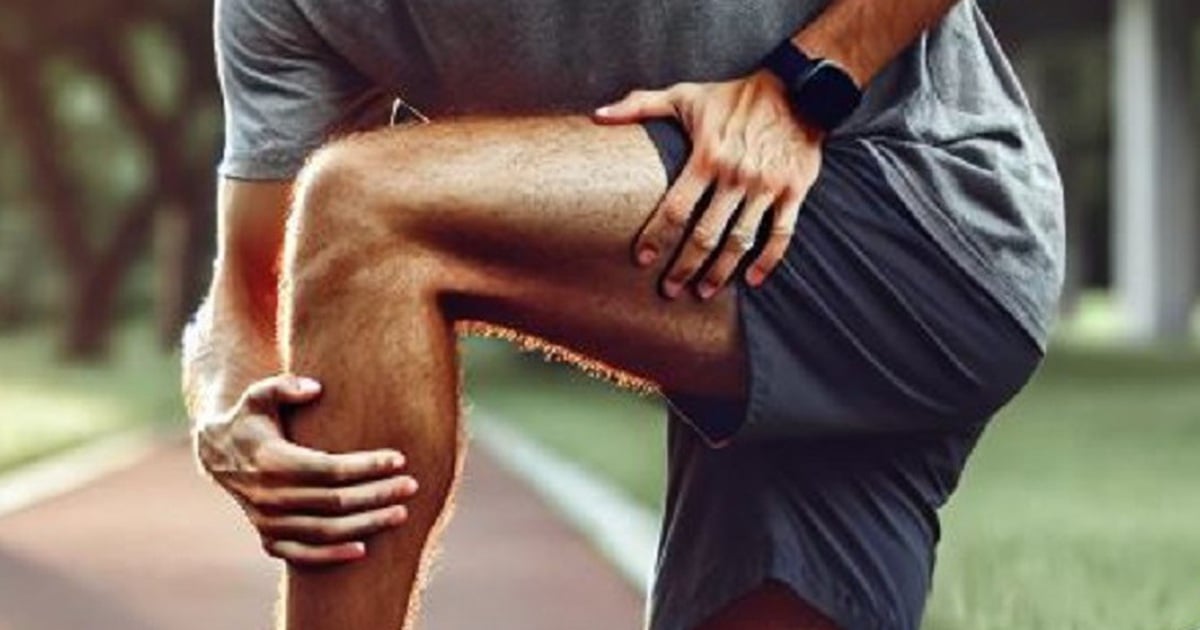
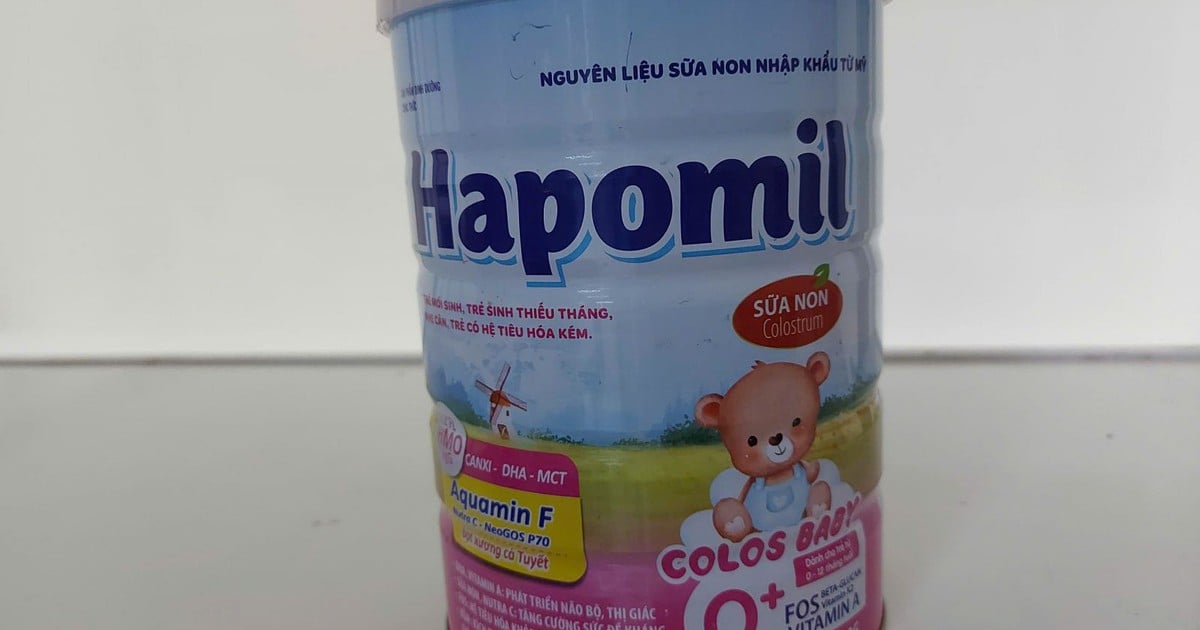














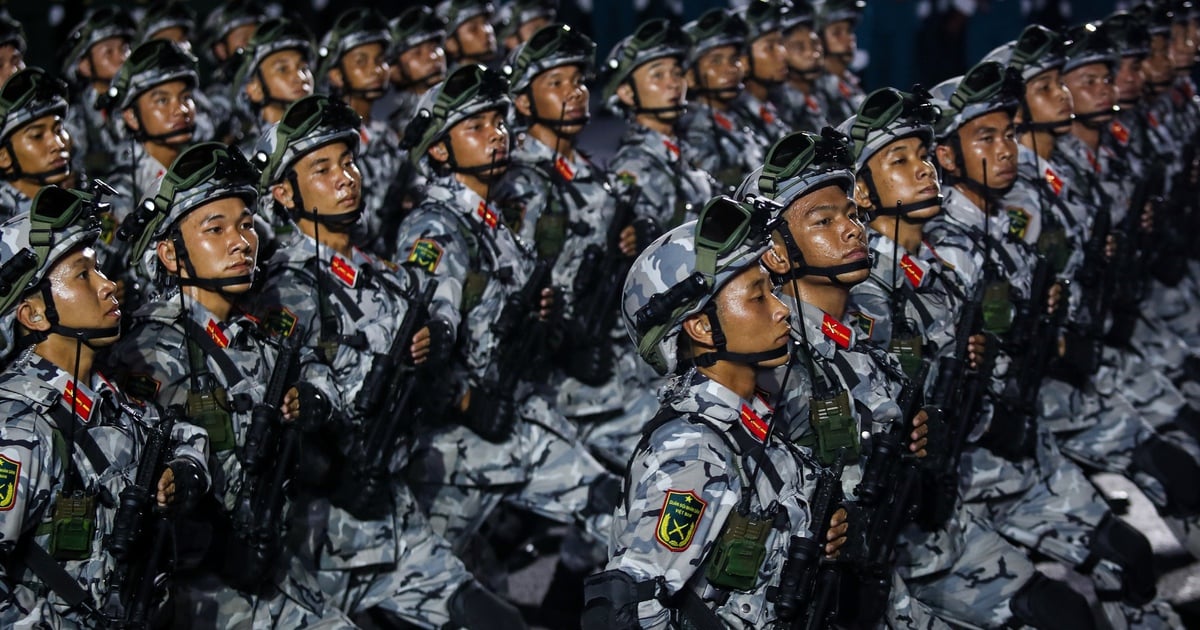




































































Comment (0)